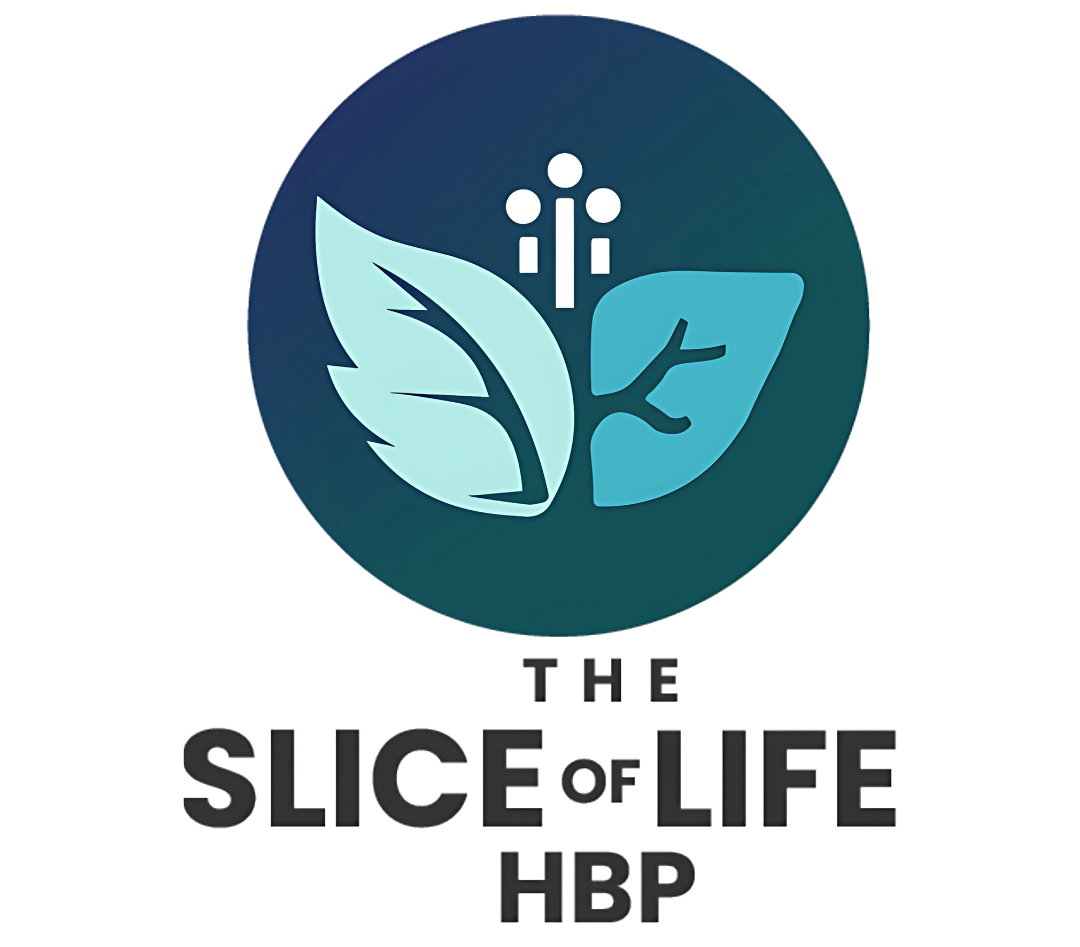What is HPB Surgery? An Overview
Some health problems need expert help, especially when they affect the liver, pancreas, or bile ducts. These organs are deeply connected and very important. When diseases occur in this area, a special kind of operation called HPB surgery is needed. In this blog, you will understand the meaning, process, and importance of HPB surgery.
We’ll also answer common questions like what HPB cancer is, who performs this surgery, and what to expect after treatment.
HPB Surgery Definition
Let’s begin with the hpb surgery definition. HPB stands for Hepato-Pancreato-Biliary. It means the surgery is done on the liver (hepato), pancreas (pancreato), and bile ducts (biliary). These organs help us digest food and remove waste from the body.
The hpb surgery definition also includes operations to remove tumors, treat infections, or repair blockages. Sometimes, parts of the liver or pancreas may be removed to stop the disease from spreading.
What is GI HPB Surgery?
Many times, problems in the digestive system happen along with liver or pancreatic issues. That’s where gi hpb surgery is done. This means surgery that covers both gastrointestinal (GI) organs and HPB areas.
For example, if a tumor starts in the stomach and spreads to the pancreas, a gi hpb surgery will treat both parts together. This helps reduce the need for multiple surgeries and increases the success rate.
Why is HPB Surgery Done?
This surgery is usually done when someone has:
- Liver cancer or cysts
- Pancreatic tumors
- Blockages in the bile ducts
- Gallbladder cancer
- Chronic pancreatitis
Advanced imaging like CT or MRI scans is used to plan the operation. These organs are very close to each other, so precise surgery is required.
Who Performs HPB Surgery?
A trained and certified specialist performs this procedure. But not all general surgeons can do it. A special hpb surgery fellowship must be completed. This extra training teaches the doctor how to handle tough situations during surgery.
During the hpb surgery fellowship, surgeons work with experienced mentors. They learn about the latest techniques and advanced tools used in these delicate procedures. So, an HPB surgeon is a doctor who has completed general surgery plus a dedicated hpb surgery fellowship.
What is the HPB Surgery Impact Factor?
You may hear the term hpb surgery impact factor while reading medical articles. It refers to how effective and advanced HPB procedures are in saving lives or improving patient outcomes.
In recent years, the hpb surgery impact factor has increased because of better tools, training, and post-surgery care. Today, complex surgeries like the Whipple procedure are done with more safety and fewer complications.
Recovery and Life After HPB Surgery
Life does not stop after surgery. In fact, many patients return to their normal lives within a few weeks or months. Doctors give pain relief, nutritional support, and regular follow-ups to help patients recover smoothly.
In some cases, food habits need to be changed. Light activity is started early, but heavy lifting or travel might be delayed. If surgery was done for cancer, chemotherapy or further treatment may be needed.
Conclusion
In short, HPB surgery is a critical and life-saving operation. It is used to treat serious problems in the liver, pancreas, and bile ducts. With modern tools and well-trained doctors, these surgeries are now much safer.
Whether it is gi hpb surgery or a procedure done to treat HPB cancer, early diagnosis and timely treatment always help. Thanks to higher success rates and a better hpb surgery impact factor, patients can expect good results.
If someone needs HPB treatment, they should consult a specialist who has completed an hpb surgery fellowship. With the right surgeon and support, a healthy future is possible.
It is a surgery done on the liver, pancreas, or bile ducts to remove tumors, repair damage, or treat blockages. It is usually done by highly trained doctors with hpb surgery fellowship training.
Yes, many people live healthy lives after Whipple surgery. With proper care, medicine, and diet, normal activities can be resumed. Follow-ups and regular check-ups are important.
HPB cancer includes cancers in the liver, pancreas, and bile ducts. These cancers may spread fast and need early treatment. Surgery is one of the most effective treatments when done in time.
Damage to the liver tissue itself is a feature of chronic liver parenchymal disease. Proper management can help improve liver function and prevent complications, even though it might not be completely curable.
An HPB surgeon is a doctor trained in liver, pancreas, and bile duct surgeries. They complete a special hpb surgery fellowship to perform these complex operations with skill and care.


